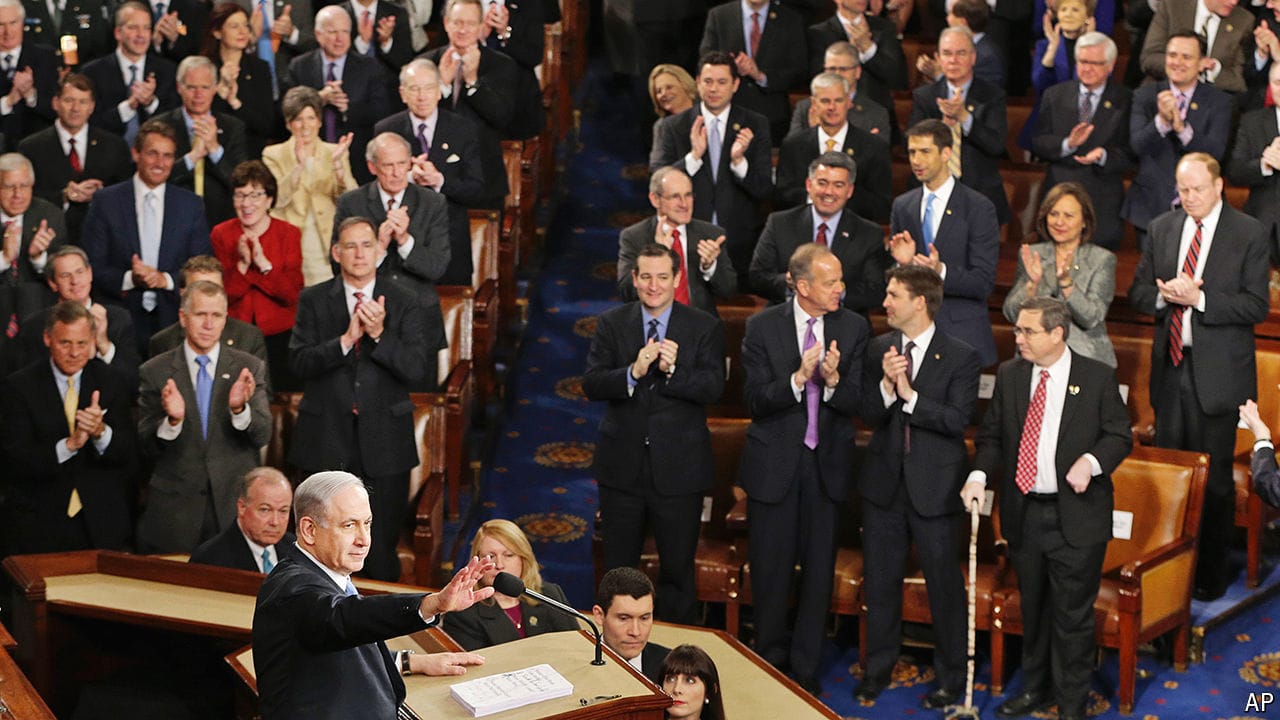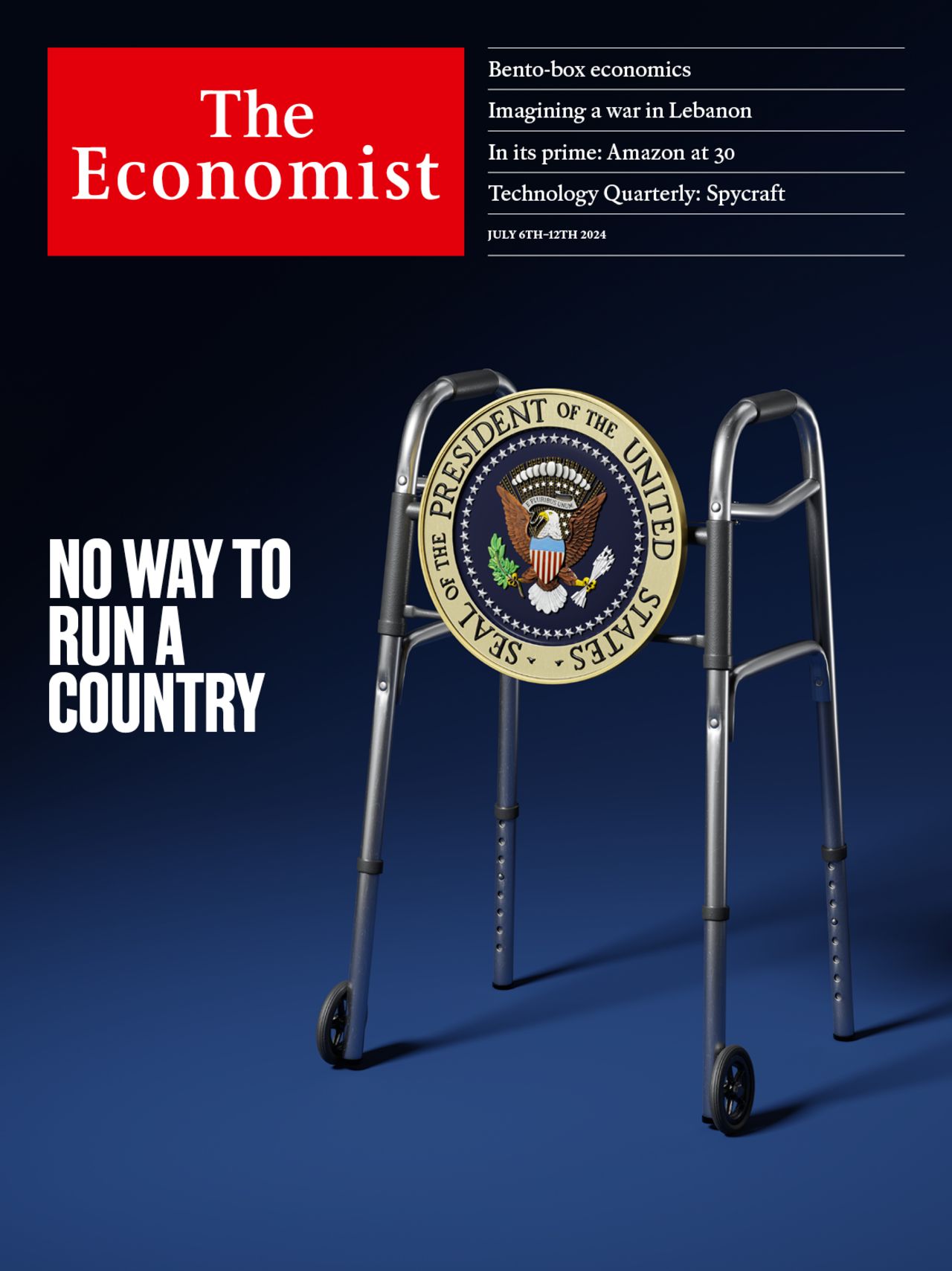One generation has dominated American politics for over 30 years
How have they become so entrenched?

When Barack Obama became president in 2009, it appeared not just to be a changing of the guard, but the end of an era. Men born in the 1940s had occupied the White House for the previous 16 years; now it was the turn of a new generation. Mr Obama was born in the 1960s. His watchwords were “hope” and “change”. He had complained, in one of his many memoirs, about the “arrested development” of American politics, stuck in the “psychodrama of the Baby Boom generation”. It was time to move on, he wrote, from the stale feuds initiated on the college campuses of the 1960s.
This article appeared in the Briefing section of the print edition under the headline “Gerontocrats ascendant”
More from Briefing

A shift in the media business is changing what it is to be a sports fan
Team loyalty is being replaced by “fluid fandom”

Will Binyamin Netanyahu’s visit to America repair or weaken ties?
He may damage relations with Israel’s indispensable protector

Optimistic plans for post-war Gaza have little basis in reality
Aid, policing, reconstruction—everything is even harder than it sounds
Small investments in nutrition could make the world brainier
Many pregnant women and babies are malnourished—and not just in poor countries
Introducing “Boom!”
A six-part series about the generation that blew up American politics
Senility in high office
Even leaders who are spry for their age eventually lose their grip
